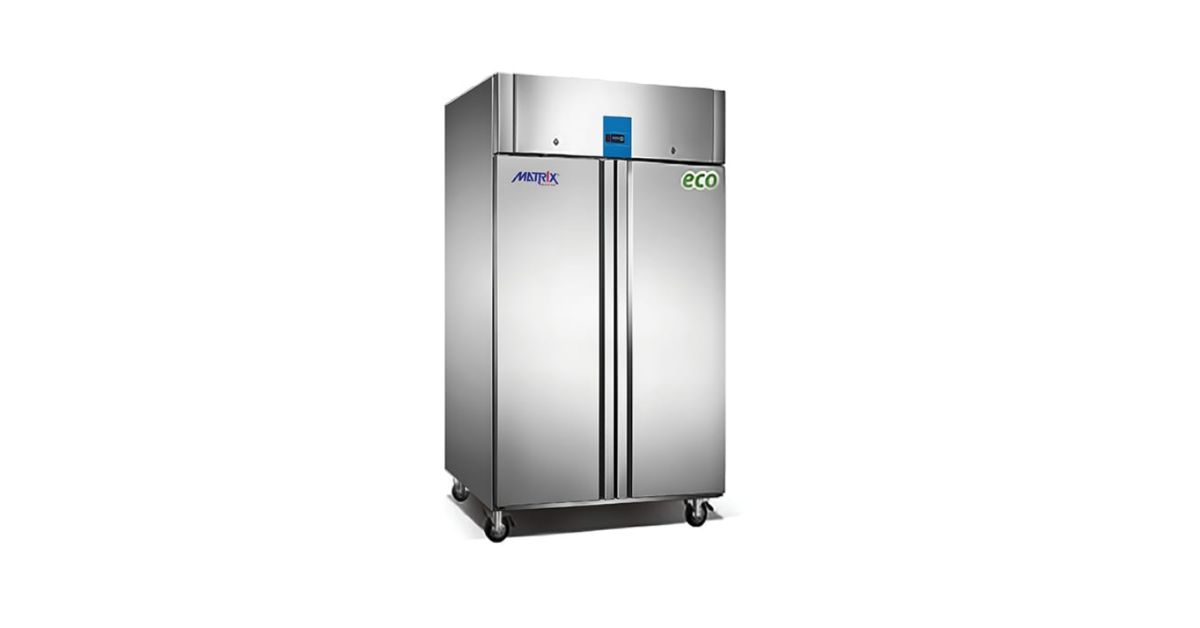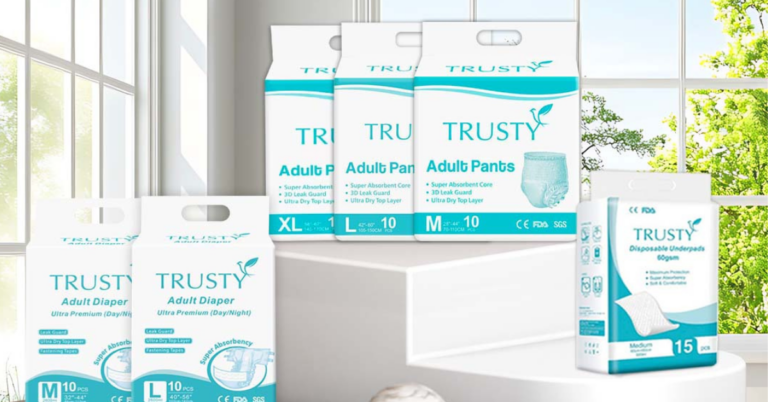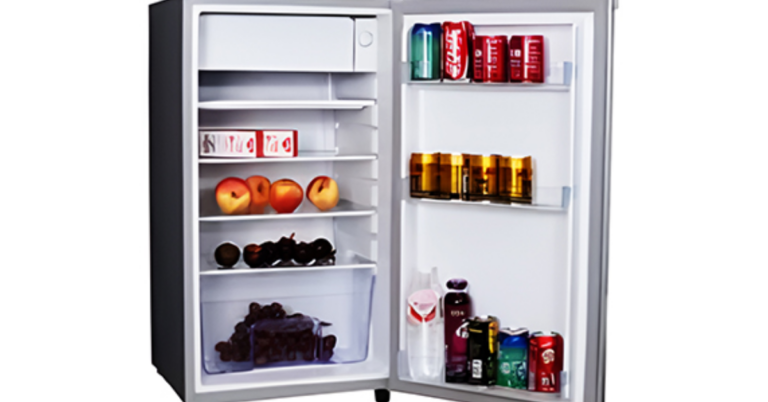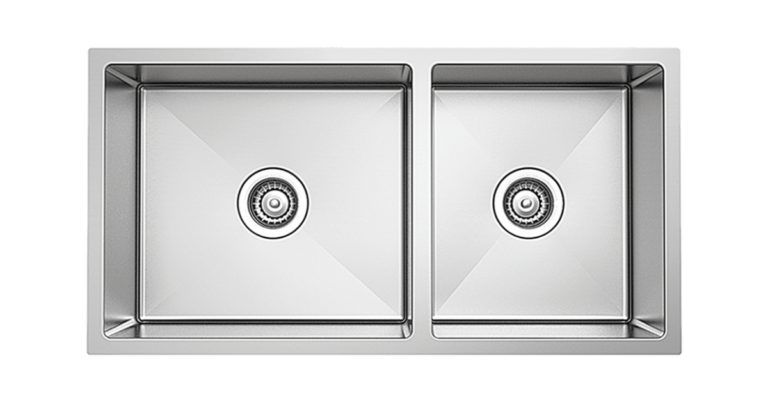Ship Refrigeration Chiller 110V – A Complete Guide for Marine Applications
When it comes to marine refrigeration, efficiency, durability, and reliability are top priorities. Among the most trusted options in the market is the Ship Refrigeration Chiller 110V designed specifically to meet the cooling needs of vessels, cruise liners, and yachts. Whether it’s for storing food, beverages, or essential supplies during long voyages, this type of chiller ensures consistent performance while withstanding the demanding conditions of the sea. In this article, we’ll explore the importance of marine refrigeration, the features of a 110V ship chiller, and why it’s an essential investment for shipowners and marine operators.
The Importance of Marine Refrigeration
Life at sea poses unique challenges. Vessels are often on long journeys with limited access to fresh supplies. Refrigeration, therefore, becomes more than just a convenience—it is a necessity. A reliable marine chiller allows ships to store perishable goods for weeks, ensuring the crew has access to safe, fresh, and high-quality food.
Unlike standard refrigeration systems, marine chillers must operate under constant vibration, fluctuating power conditions, and exposure to harsh saltwater environments. A robust Ship Refrigeration Chiller 110V is built to handle these challenges with energy efficiency, durability, and ease of operation.
Why Choose a 110V Marine Chiller?
One of the major benefits of opting for a 110V ship refrigeration system is its compatibility with standard marine electrical setups. Many vessels are equipped to handle 110V, making it the ideal voltage for efficient operation without needing complicated electrical conversions.
Key advantages of choosing a 110V ship chiller include:
-
Energy Efficiency – Consumes less power compared to larger voltage systems, which is critical for ships managing limited energy sources.
-
Ease of Integration – Can be easily installed on most marine vessels without the need for additional converters.
-
Compact Design – Ship chillers with 110V systems are usually designed to be space-saving while offering high storage capacity.
-
Reliable Cooling Performance – Maintains consistent temperatures despite external fluctuations, ensuring food safety.
Features of a Quality Ship Refrigeration Chiller 110V
When selecting a ship chiller, it’s important to look for models that offer both functionality and durability. A high-grade marine refrigeration chiller typically includes:
-
Stainless Steel Construction: Resistant to rust and corrosion, making it perfect for marine environments.
-
Double Door Design: Provides easy access and organized storage for different types of goods.
-
Large Storage Capacity: Allows vessels to store food and beverages for long journeys without frequent resupply.
-
Advanced Insulation: Reduces energy consumption while keeping the internal temperature stable.
-
Durability Under Harsh Conditions: Designed to withstand constant vibrations, high humidity, and temperature variations.
A Ship Refrigeration Chiller 110V with these features ensures that shipowners and operators can focus on smooth sailing without worrying about food spoilage or system breakdowns.
Applications of Marine Chillers
Marine chillers are not limited to cargo or commercial shipping. They play an equally important role across various maritime sectors:
-
Cruise Ships – Provide cooling solutions for large quantities of food, beverages, and medical supplies to serve thousands of passengers.
-
Fishing Vessels – Maintain the freshness of catch during long hours at sea.
-
Yachts and Private Boats – Offer luxury comfort with fresh food and drinks on board.
-
Naval Ships – Ensure crew readiness by keeping provisions safe and consumable.
Regardless of the vessel type, refrigeration is a critical aspect of maritime life.
Maintenance of Ship Refrigeration Systems
To maximize the efficiency and lifespan of a Ship Refrigeration Chiller 110V, proper maintenance is essential. Here are some best practices:
-
Regular Cleaning: Salt and moisture can accumulate quickly in marine environments. Cleaning both the interior and exterior prevents corrosion and contamination.
-
Inspect Seals and Doors: Damaged seals can cause cold air leakage, reducing efficiency and increasing power consumption.
-
Check Electrical Connections: Ensure stable connections for consistent power supply.
-
Monitor Temperature Settings: Keeping the system at optimal temperature prevents overuse and wear on the compressor.
-
Scheduled Servicing: Professional inspections help identify potential issues before they become costly problems.
With these practices, a marine refrigeration chiller can last for many years, ensuring reliability during every voyage.
Choosing the Right Chiller for Your Vessel
Not all ships have the same requirements. Choosing the right chiller depends on:
-
Size of the Vessel – Smaller yachts may only need compact chillers, while cruise ships require larger, industrial-grade systems.
-
Storage Needs – Consider the quantity of food, beverages, and supplies that need refrigeration.
-
Energy Supply – Make sure the chiller matches the vessel’s voltage compatibility, such as the 110V setup.
-
Durability – Ensure the system is designed for marine environments, with rust-resistant materials and vibration-proof construction.
Investing in a reliable Ship Refrigeration Chiller 110V ensures that your vessel is well-equipped for extended sea voyages.
Benefits of Stainless Steel Ship Chillers
Stainless steel models are particularly popular in the marine industry due to their:
-
Corrosion Resistance – Essential for ships exposed to salty air and water.
-
Long Lifespan – With proper care, stainless steel chillers last significantly longer than standard materials.
-
Easy Maintenance – Smooth surfaces allow quick cleaning, reducing the risk of contamination.
-
Professional Appearance – A sleek design adds value and enhances the onboard kitchen or storage area.
This makes stainless steel double-door chillers one of the most sought-after models for modern ships and cruise liners.
The Future of Marine Refrigeration
Technology is constantly evolving, and the marine refrigeration industry is no exception. Today’s chillers are designed not only for durability but also for environmental responsibility. Energy-efficient compressors, eco-friendly refrigerants, and smart temperature control systems are shaping the next generation of marine chillers.
For shipowners looking to upgrade, investing in a Ship Refrigeration Chiller 110V with modern features ensures compliance with international maritime regulations while reducing energy costs.
Conclusion
Marine refrigeration is an indispensable part of life at sea, ensuring the safety, comfort, and efficiency of maritime operations. A Ship Refrigeration Chiller 110V stands out as a reliable solution tailored for vessels of all sizes, offering durability, energy efficiency, and superior performance in challenging marine environments. From cruise liners to private yachts, the right chiller ensures fresh provisions, satisfied passengers, and smooth sailing across the oceans.
For ship operators, investing in a high-quality 110V chiller is more than just a purchase—it’s a safeguard for the well-being of the crew and the success of every journey.




